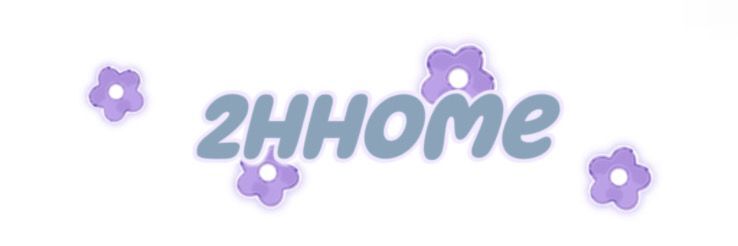How to Select High-Performance Fireproof Woven Fabrics for Custom Applications?
Oct. 19, 2024
How to Select High-Performance Fireproof Woven Fabrics for Custom Applications?
Selecting the right fireproof woven fabrics is crucial for a variety of custom applications. The demand for materials that offer superior protection while maintaining flexibility and durability has grown significantly. Here’s a guide to help you through the selection process.
1. Understand Your Requirements
Before diving into the market, take a moment to outline your specific needs. This includes factors such as the application environment, exposure to flames, and any additional mechanical stresses the fabric might face. Knowing exactly what you need will guide your choices effectively.
2. Evaluate Fire Resistance Ratings
It’s essential to familiarize yourself with the different fire resistance ratings available in the market. Various standards govern these ratings, so looking for certifications that align with your application’s requirements can ensure you choose a fabric that meets industry standards.
3. Material Composition Matters
The fabric's composition plays a vital role in its fire-resistant properties. Look for materials like aramid, fiberglass, and modified acrylics, which have been proven to perform well under extreme conditions. The right blend can enhance both safety and durability.
4. Customization Options
Many manufacturers offer options for customizing fire-resistant fabrics. This could include sizing, weight, or even specific treatments to enhance fire resistance. Assess your needs for customization and partner with a supplier who can meet these requirements.
5. Test and Verify
Once you've narrowed down your options, it’s advisable to request samples. Testing these fabrics in real-life scenarios will provide insights into their performance and help you make an informed decision.
Conclusion
In summary, selecting high-performance fireproof woven fabrics requires careful consideration of your specific needs, an understanding of ratings, evaluation of materials, options for customization, and thorough testing. To learn more about high-quality fire-resistant materials, you can visit Xinxing FR and explore more details regarding Fire-Resistant Woven Fabric Custom.
118
0
0

Comments
All Comments (0)